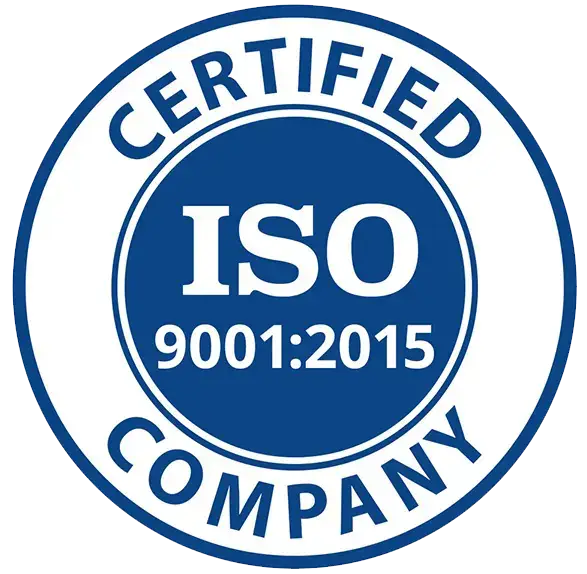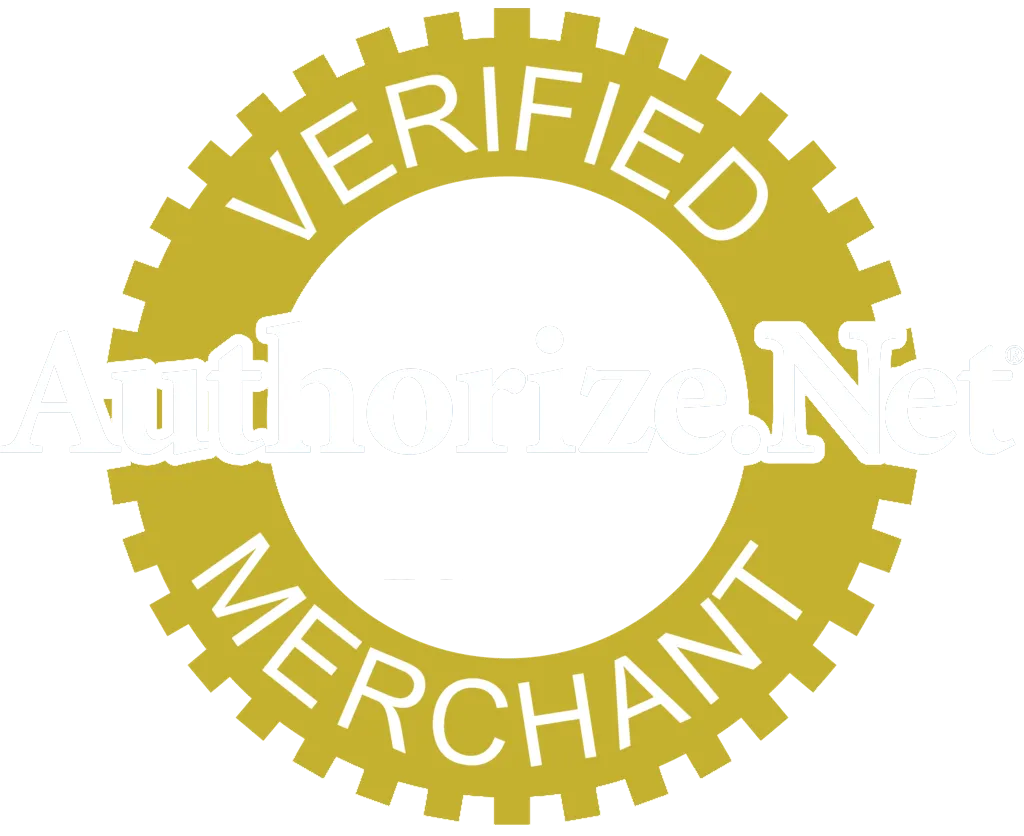No products in the cart.
Magnesium Wheel Market Size By Manufacturing (Cast, Forged), By End-Use (OEM, Aftermarket), By Vehicle (Bikes, Premium/Sports Cars) Industry Analysis Report, Regional Outlook, Growth Potential, Price Trends, Competitive Market Share & Forecast, 2019 – 2024
Report ID: GMI2129
|
Published Date: April 2019
|
Report Format: PDF
Download free sample
Get a free sample of Magnesium Wheel Market
Get a free sample of Magnesium Wheel Market
Is your requirement urgent? Please give us your business email for a speedy delivery!
Buy Now
Immediate Delivery
$4,123 $4,850
15% off
$4,840 $6,050
20% off
$5,845 $8,350
30% off
Buy now
Premium Report Details
Base Year: 2018
Companies covered: 13
Tables & Figures: 436
Countries covered: 20
Pages: 270
Download Free Sample






Magnesium Wheel Market Size
Magnesium Wheel Market size valued at over USD 23.5 billion in 2018 and is estimated to exhibit around 3% CAGR from 2019 to 2024.
Rising preference of automobile OEMs to lower vehicle weight for improving fuel efficiency along with lowering carbon emissions are driving the magnesium wheel market size over the forecast timeframe. Increasing demand for lightweight automotive components offering superior mechanical properties will positively influence the product penetration. Customers are opting for specially designed wheels that offer significant performance advantage along with improving vehicle aesthetics significantly.
Magnesium wheels offer superior thermal conductivity that enables for easier heat dissipation compared to traditional wheels. Additionally, these wheels offer smoother ride and softer cushioning, thereby contributing significantly toward improving the driving conditions in uneven and bad roads. Growing demand for high quality automotive exterior components along with stiffer and durable wheel structure is positively influencing the magnesium wheel market demand over the study timeframe.
Increasing per capita disposable income is significantly escalating the adoption of premium cars. For instance, in 2018, luxury car sales in Russia rose to 1,463 units with an increase of over 1.6% as compared to 2017. Rising prominence of premium cars offering enhanced manoeuvrability and handling stability will significantly fuel the market share over the forecast period.
Rising preference for personal green mobility solutions along with rising demand for premium & sports cars and bikes are boosting the magnesium wheel market over the projected timeframe. Stringent government regulations pertaining to lowering emissions and improving fuel efficiency are enabling manufacturers to invest in advanced technologies for producing such wheels. For instance, the Corporate Average Fuel Economy (CAFE) standards set by the National Highway Traffic Safety Administration (NHTSA) focuses on improving fuel efficiency of vehicles every year.
Industry players are currently incorporating magnesium wheels in their premium and luxury vehicles for improving their market share. The higher product prices compared to the traditional steel & alloy wheels limit their usage in low-cost vehicles. However, automobile OEMs are investing in R&D for introducing innovative production technologies for introducing low-cost wheels. For instance, researchers from Ford Motors and AUTO21 are developing customized Tailor-Welded-Blank (TWB) and Friction Stir Welding (FSW) technologies, that felicitates the production of lower cost magnesium wheels, thereby catering to a wider customer base.
Higher cost associated with the procurement and processing of magnesium may restrict the market share over the study timeframe. Fluctuation in raw material prices owing to changing trade policies and tariff duties may further hamper the industry growth. Manufacturers are constantly investing in R&D for developing advanced manufacturing processes further supporting the magnesium wheel market growth. For instance, the MagSonic technology is used to produce magnesium using around 80% lower energy and around 60% lower carbon emission compared to the traditional processes.
Magnesium Wheel Market Analysis
The lower production costs associated with cast products are boosting the segment share over the projected timeframe. Lower complexities in casting coupled with easier fabrication processes will further support the process adoption. The uniform grain structure along with the availability of multiple manufacturing processes including low pressure and gravity casting will prominently impact the magnesium wheel market share.
The increasing adoption of forged automotive components can be attributed to multiple benefits offered including higher tensile strength, lower weight, and ability to handle heavier loads compared to cast products. The cross-linked internal structure of the forged wheels makes these wheels tough, thereby contributing toward its diversified applications across the automotive sector. Additionally, these wheels are also ideal for high-speed automotive applications including racing, thereby accelerating the market size over the study timeframe.
OEMs will account for a significant share owing to the increasing preference of automobile manufacturers to incorporate high-end features in their vehicles for improving their aspirational value. Additionally, magnesium wheels contribute considerably toward improving vehicle efficiency and reducing emissions owing to their lower weight. Further, improved ride quality & comfort on uneven roads and superior damping capabilities are some of the major factors supporting the magnesium wheel market growth over the study timeframe.
Aftermarket will grow significantly in the market. This can be attributed to the rising preference of consumers to customize their vehicles in the aftermarket. The requirement for replacing wheels after a certain driving range along with tires repair & replacement owing to defects and accidents will further expand the segment size. Additionally, the wearing of tires on old vehicles along with the ability of these tires to improve vehicle comfort will significantly accentuate the magnesium wheel market expansion.
Increasing adoption of two wheelers owing to rising traffic congestion and easier manoeuvrability across cities & towns are expanding the bikes growth over the projected timeframe. The lower wheel weight enables for easier riding and improves bike efficiency significantly. Automobile OEMs are launching upgraded products with magnesium wheels for expanding their market share. For instance, in 2019, Aprilia unveiled its RSV4 X bike with factory-fitted magnesium wheels.
Premium and sports cars accounted for a significant volume share over the study timeframe. This can be attributed to the increasing demand for such cars with technologically-advanced features. The improving performance including quick acceleration and braking along with superior heat dissipation while traveling over long distance further supports the segment growth. Additionally, these wheels offer significantly superior ride quality compared to other wheels, thereby playing a major role in increasing the wheel adoption for premium and sports cars.
Europe accounted for a significant revenue share in the magnesium wheel market size. This can be attributed to the presence of major automobile manufacturers across the region focusing on launching newer vehicles and upgrading their existing product portfolio. Few of the major automobile OEMs in the region include Volkswagen, BMW, Skoda, Audi, and Rolls Royce are introducing vehicles with magnesium wheels to improve their market share. For instance, in 2018, Porsche launched its upgraded GT2 RS model with magnesium wheels offering significant weight savings of around 11 kg.
The increasing vehicle sales in Asia Pacific owing to improving disposable income and rising preference for personal mobility are driving the market across the region. Rising sales of premium and luxury vehicles along with proliferating automotive aftermarket industry will further accentuate the regional share. Moreover, stringent regulatory policies are enabling industry players to invest in lightweight and efficient automotive components for improving vehicle efficiency and lower carbon emissions, thereby contributing significantly toward the product adoption.
Magnesium Wheel Market Share
The magnesium wheel market share is highly competitive owing to the presence of key players including
Improvements in product configuration, design, and after-sale services are among the key concerning areas for industry players. Product portfolio expansion & innovation are among the prominent strategies adopted by industry players to enhance their market share. Mergers and acquisitions are few of the major strategies adopted by industry participants to improve their market share. For instance, in 2017, Ronal Group announced the acquisition of APP-Tech Srl to complement its product portfolio with a wide range of forged magnesium wheels.
Industry Background
Shifting trends towards vehicle customization and upgradation are prominently impacting the demand for magnesium wheels. Industry participants are striving to reduce the overall vehicle weight owing to stringent emission regulations and fuel economy standards. The Environment Protection Agency (EPA) and National highway Traffic Safety Administration (NHTSA) are redesigning their regulatory framework for enforcing stringent emission regulations for vehicles globally. Advancements in such wheel manufacturing technologies along with rising demand for cars fitted with such wheels will contribute significantly towards lowering the overall wheel costs, thereby catering to a wide customer base.